
Hasan

Baloncu Reşit
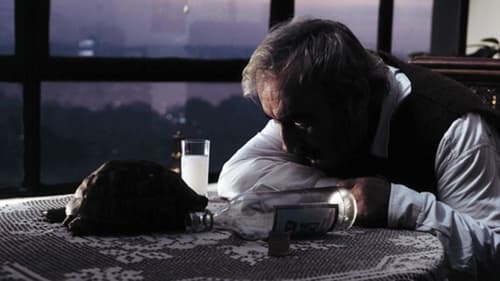
Hakkı
Hasmet, director of love stories, wants to make a film which is different than the movies he made before. This movie has a social message. He tries to find a producer but film industry is mainly out of money. When he thinks he finds one, nothing goes as it planned.

The story of nine independent women from various parts of society who committed various crimes.

In this deeply symbolic and visually lush film, as far as Tashbash is concerned, he's just a malcontent, a fairly ordinary hell-raiser who has gotten into trouble with the law in the past. Sure, he hates the village headman who is a toady to the region's oppressive landlord, and he dislikes the fact that everyone looks to the headman for help because they have no place else to turn, but he's just an ordinary guy and has no solutions for his fellow villagers. However, after one of them has a vision in which Tashbash is shown to be a manifestation of one of their more important local saints, the villagers unite as one in seeking him out for help with the upcoming visit of the landlord to collect rents which they can't pay. Their adulation and reverence is so persistent that eventually even Tashbash becomes a believer.

Grocery
Asiye is on the verge of entering a swamp. Every decision he makes will reshape the dynamics of his next life. Is there a way of salvation for Asiye?

A man has been in prison for sixteen years after killing of his wife. Now he seeks to create a new life, where he only finds warmth and fellowship with Turkish immigrants. He will also try to come to terms with the daughter who hates him. Denmark's submission for the Academy Award for Best Foreign Language Film in 1986.
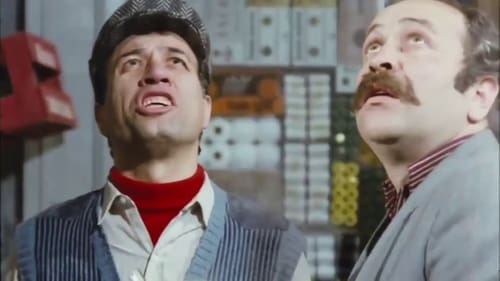
Assistant Director
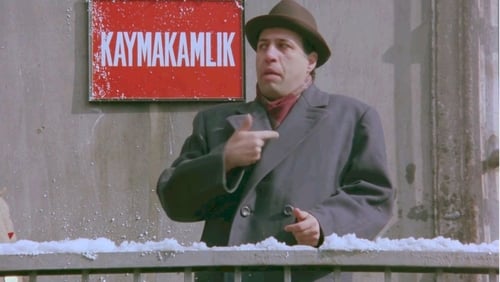
Deli Hakim

Köfteci

Hasan
In the half-light of dawn, Halil falls down dead, murdered. His wife, Elmas, cries for justice, but, in fact, there will be no investigation. Life goes on for Elmas: during the day she works in the rice paddies with her little boy and, at night, she goes to catch frogs with the other villagers.

Directed by Ömer Kavur.

Şaban is a poor man. In Germany, where Şaban went as a worker, tragicomic events happen.
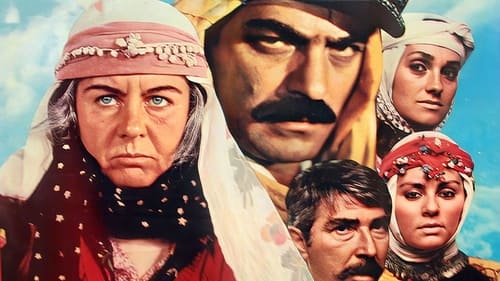
Writer
Kara Bayram is a poor farmer living in a Turkish village with his wife, 3 kids (4th on the way) and his old mother Irazca Ana. They live on their own until another villager, Haceli who is backed up by the Mukhtar (local administrator of the Village) starts to build a new house right in front of their's. Kara Bayram and Irazca Ana do not accept these uninvited neighboors from the first day and unwanted events start right away.
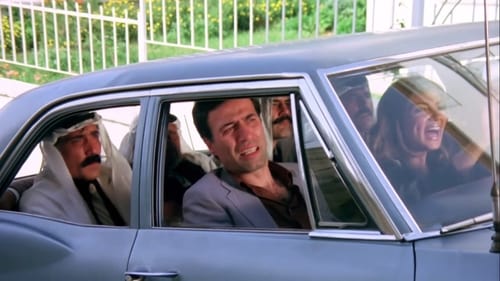

With good guidance from director Zeki Okten but an uninspired script, this story of a brother and his Turkish family influenced by old and new traditions is somewhat uneven. Bilal (Tarik Akan) is devoted to the art of wrestling, following in the footsteps of his father and grandfather, who were both champions at the sport. Aside from his interest in wrestling for its own sake, Bilal has a chance to win a provincial wrestling contest and thereby bring home a considerable cash award for his efforts -- and so his days are spent in training for the event. Meanwhile, his brother and sister-in-law and their daughter have come back home after living in Germany for 12 years and are finding the adjustment to their cultural roots a bumpy ride. As long scenes of well-oiled and slippery wrestlers in action prepare viewers for Bilal's big event, the struggle of these men is reminiscent of the struggle of Bilal's family to come to grips with a world they may not be able to accept unconditionally.

Бандит убегает от преследования полиции вместе с женой, которая рожает. В итоге его ловят жена во время родов умирает. Он, зная что отправится в тюрьму отдаёт ребенка на воспитание комиссару. Через 7 лет он выходит и направляется прямиком к сыну, но у комиссара другая должность и другие проблемы, ребёнка похищают и настоящий отец пытается найти сына вместе с приёмным отцом.

Atilla the Hun, Tarkan its power in order to bring the sword to the floor at the pursuit of the enemy's appointed.







